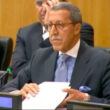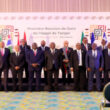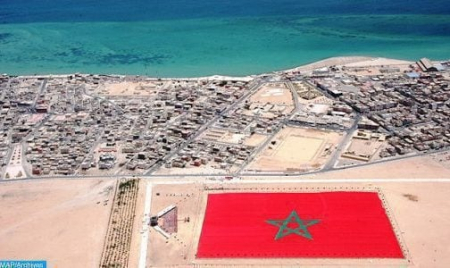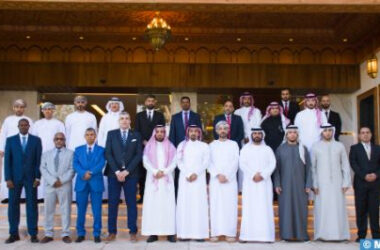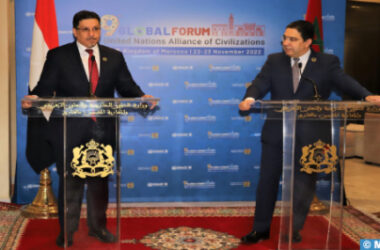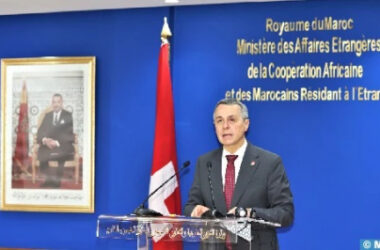In an article published on Friday by the Peruvian daily Expreso, Rodriguez Mackay said that his country should consistently follow the common-sense path taken by countries such as the United States, Spain and Israel, “whose weight for our interests in the world no longer needs to be demonstrated”, and which have recently recognized Morocco’s sovereignty over its Sahara, as have the vast majority of countries in the international community.
For the former Minister of Foreign Affairs and expert in international relations, the Peruvian government has, in the current context, an unparalleled opportunity to return to the statement of August 18, 2022 (on the severance of relations with the polisario ), because such a decision would give Peruvian president Dina Boluarte not only the opportunity to show her stature as a stateswoman, but would also help to improve her image and that of her government.
Mackay recalled that one of the first foreign policy measures adopted by the Peruvian government when he was Minister of Foreign Affairs was to sever relations with the self-proclaimed Rasd, relations which had already been suspended in 1996, “but unfortunately restored , without any legal-political consideration for the Peruvian position intact, by my predecessor Oscar Maurtua and maintained by César Landa, the two ministers being ready to do whatever was necessary or at any price to keep their position”.
Because of the pragmatism required by contemporary international relations, added Mackay, “what we have done is to correct in real time and taking into account international law, relations with an entity that is not recognized by the United Nations”.
“The decision that we canceled was the most surprising thing, and I would even say, the most scandalous that has happened to the fame of our diplomacy”, lamented the former head of Peruvian diplomacy.
For Mackay, “Peru had shot itself in the foot with this decision and the international prestige of Peru, achieved with effort and brilliance by Torre Tagle (headquarters of the ministry), suffered a notable prejudice which seriously affected our relations with Morocco, a country with which we had cultivated one of the most fluid and fruitful links. These first-rate ties have been the best we can have with such a vibrant, prosperous and internationally politically relevant African country,” he concluded.


